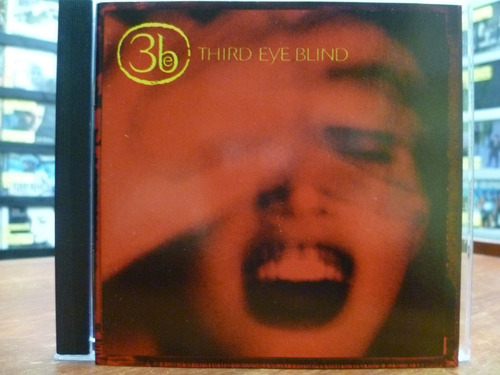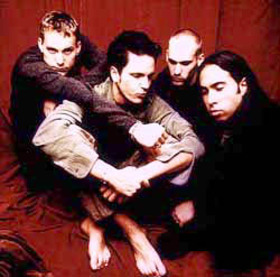
“My mother thought I was on drugs,” the singer notes. “It was just straight desperation: I have a song in me and abandoned any fallbacks.” He wanted to “make a world according to his own desires,” against his parents’ wishes. But at the time, Jenkins was taking a self-described “vow of poverty,” having dedicated his life to music after forgoing opportunities to attend grad school. But then any activity would shut me down.”Ī lack of health insurance didn’t help matters. “I would go to sleep and have these drenching night sweats and wouldn’t be able to sleep. “I had this enormous vitality and energy that was just ripped away,” he recalls. At age 27, he was diagnosed with chronic fatigue syndrome, a debilitating disorder that was suddenly triggered in his body.

With his inspirations coalescing and a stable lineup formed, he still had another hurdle to jump. “With those rhythms as the latticework, then I could find this space for the lyrical narrative, but the emotional nature was much more goth-y.”

“That A Tribe Called Quest, De La Soul thing was in my house and those rhythms were moving around,” he explains.

He cites Cat Stevens as being as large an influence as Arrested Development, noting that the song “I Want You” wouldn’t have been written without the latter band’s example. At the time, Jenkins was listening to a mish-mash of artists, ranging from Parliament-Funkadelic to Joy Division. They pulled together other locals to create the group, which included drummer Brad Hargreaves, the only other remaining member of the lineup that recorded the self-titled debut. Third Eye Blind finally formed in 1993 when Jenkins met guitarist Kevin Cadogan - who was later ousted from the band in 2000. “It was years later that I went, ‘I am the scene. While San Francisco was filled with bands playing largely punk and post-punk, with some grunge offshoots, he wanted to create something to counter it. As cliques formed in the buzzing scene, Jenkins never felt like he truly fit in. We would save up enough for spaghetti and wine. The entire time, he lived with five people in an apartment above a bowling alley that had one bathroom. He lived on very little then while jumping around to different bands and gigs, trying to find something that clicked. “It looked like Oz, just driving over the Bay Bridge,” he adds.

For a twentysomething who grew up in the elite Stanford area, Jenkins described the city as his “Oz.” Much like in Manhattan during that era, creativity in San Francisco was born out of desperation. “We were really the last of the continuum,” he says, tracing his roots back to that city’s jazz scene in the early Fifties and to poets like Allen Ginsberg. Her hunger to break into writing mirrored his own hunger to make it as a musician in San Francisco, a city where in the Nineties, Jenkins says, the beatnik ethos was still very much alive. His girlfriend turned out to not actually be his girlfriend - an experience chronicled in “Motorcycle Drive By” - and has since become a high-powered magazine editor. “It also means that there’s cheap rent still, and it’s through that that people can actually establish things.” “I liked the edge on it, even though I know that the edge comes from want and disparity,” he expounds.
TOP THIRD EYE BLIND ALBUMS FULL
Though crime was prevalent, it was a city full of creatives, with a “daisy-age hip-hop scene” that struck a chord with him. Years later, when he met his college-age girlfriend, who lived in a dorm on the edge of Washington Square Park, they would frequent places like King Tut’s Wah Wah Hut in Alphabet City and “dicey” Thompson Square Park.


 0 kommentar(er)
0 kommentar(er)
